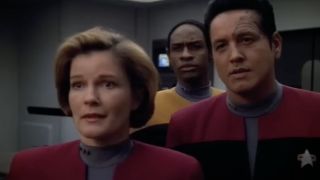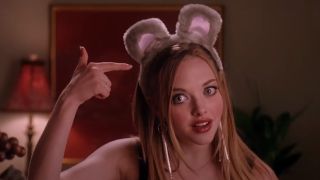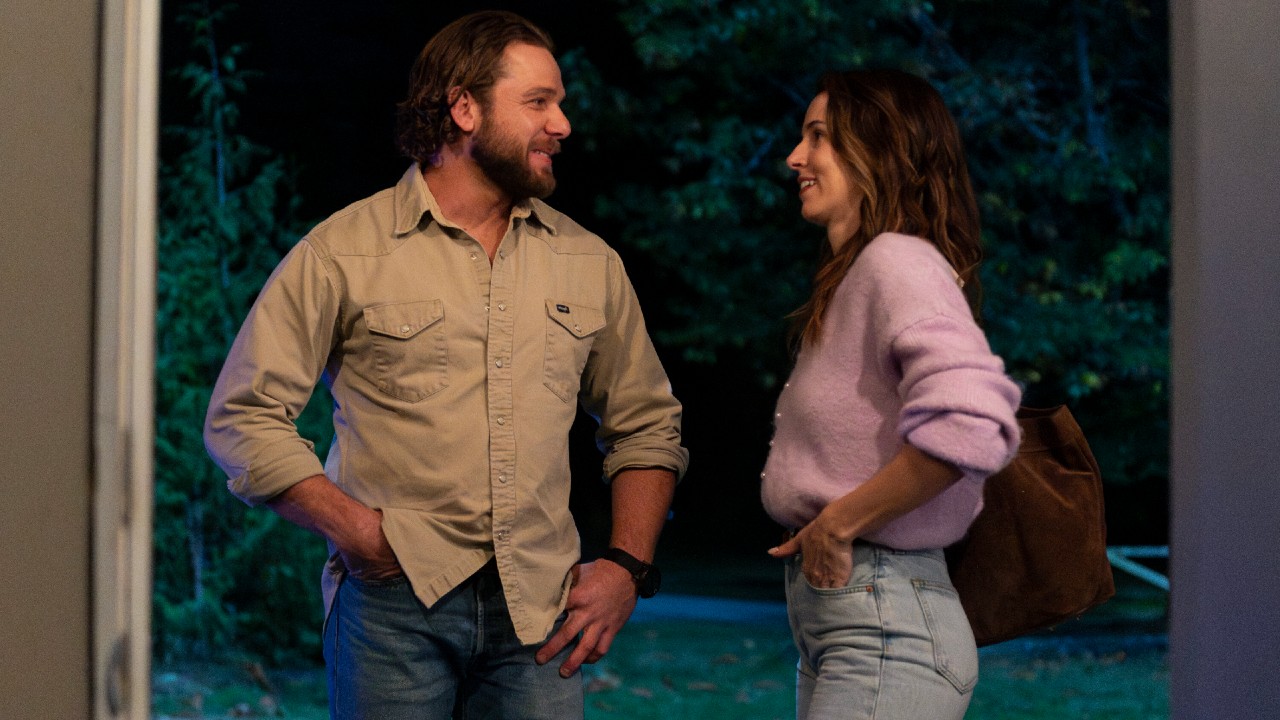Interviews
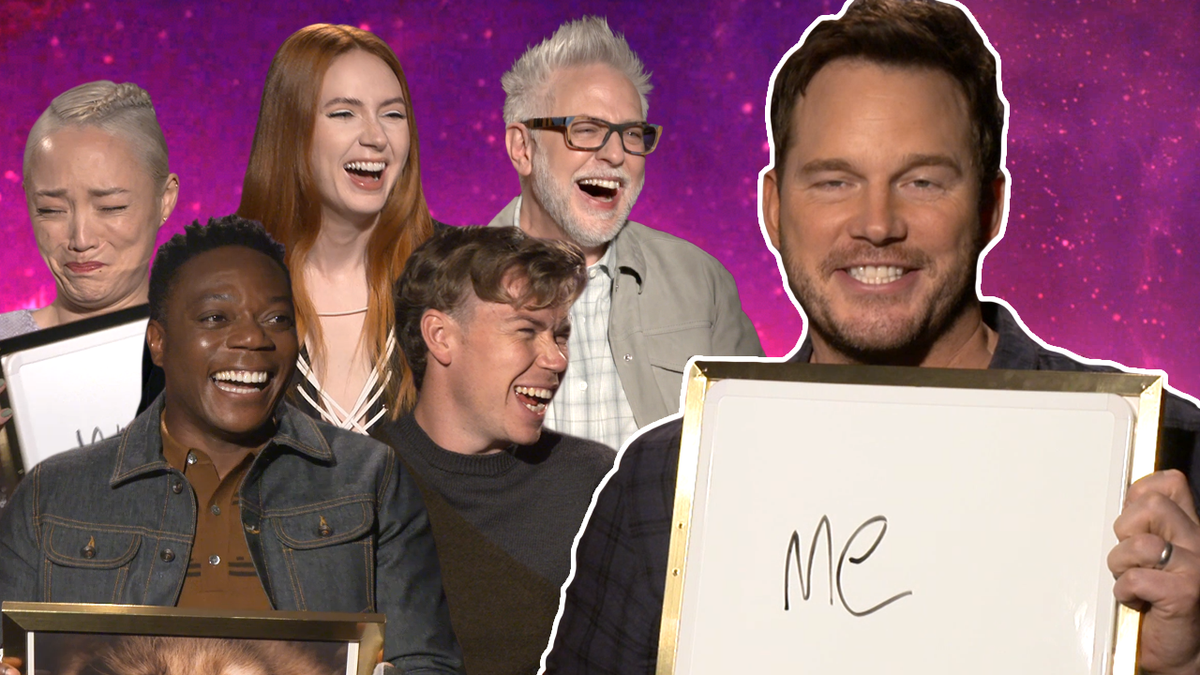
CinemaBlend frequently sits down with the talent who are responsible for the movies, television shows, streaming features, and pop-culture moments that you want to be reading more about. From Tom Hanks to the cast of Avatar: The Way of Water, from the latest contestant on The Masked Singer to the cast of Yellowstone, CinemaBlend ample time for exclusive conversations with Hollywood's biggest stars.
And CinemaBlend prides itself on asking talent the questions that they aren't hearing from every other outlet, leading to passionate answers that are meant to educate and entertain you, our readers. If they are important in Hollywood, they are speaking with CinemaBlend.
Latest about Interviews

‘Let’s Face It, Neytiri’s A Racist’: Zoe Saldaña Reacts To Her Arc In Avatar Fire And Ash, And How The Character Weighed On Her
By Sarah El-Mahmoud published
Exclusives "She just loses sight..."
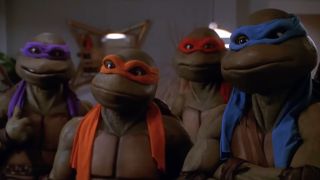
'Filmmaking Poison:' A Ninja Turtles Director Talks About What He Wants Out Of The New Live-Action Movie
By Adam Holmes published
Cowabunga!
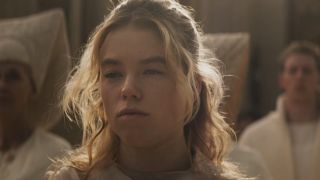
‘He’s A Huge Part Of The Plot’: Supergirl’s Director Teases Krypto's Role In The DC Blockbuster
By Corey Chichizola published
Exclusives I would die for Krypto.
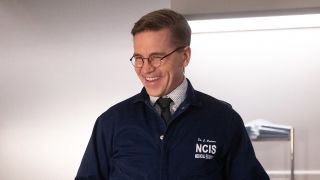
I'm So Invested In The Mystery Of Parker's Mom On NCIS. Why Brian Dietzen Says Jimmy 'Won't Let Go'
By Adam Holmes published
Exclusives He's looking for answers.
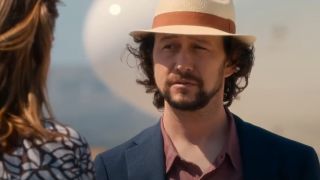
How To Find Joseph Gordon-Levitt's Deep Cut Cameo In The New Knives Out Movie
By Corey Chichizola last updated
exclusives Rian Johnson and JGL forever.

Jeremy Sisto Explains Why FBI's Fall Finale Event 'Needs To Be Two Hours,' And The Action-Packed Preview Makes More Sense Now
By Laura Hurley published
Exclusive Buckle up for the midseason finale!

I Did Not See Ella McCay Having A Cool Alien: Romulus Connection Coming, But I Love This Sweet Story
By Sarah El-Mahmoud published
Exclusives How random!

I Had To Ask Pluribus' Star About That Bubbly And Racy Hot Tub Scene: 'Never Been In a Hot Tub With Six Naked Women In My Life'
By Nick Venable published
Exclusives Not everybody is living life like Carol on Pluribus.
Your Daily Blend of Entertainment News
